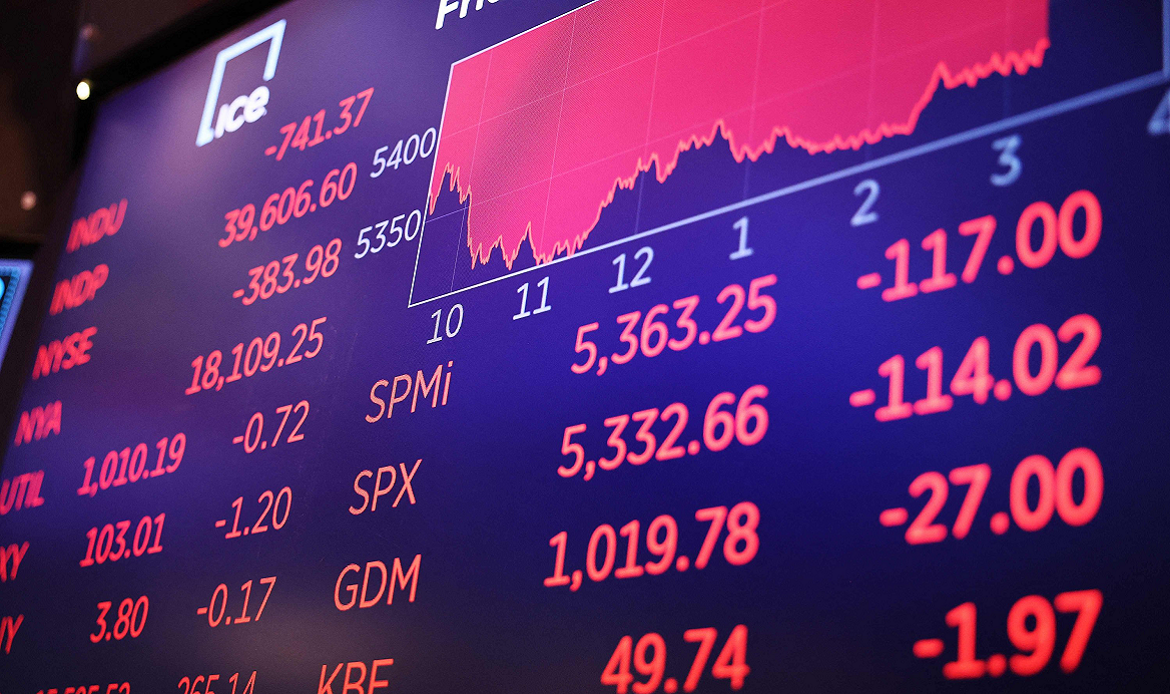A measure of dispersion of a set of data from their mean. It a statistic that measures how a collection of data (dataset) is dispersed relative to its mean. In calculation, it is measured as the square root of the variance. In finance, standard deviation is a statistical measurement of the distance of a variable, such as an investment’s return, above or below its average (mean) return. An investment with high standard deviation (i.e., high volatility) is perceived to be riskier than an investment with low standard deviation (that is, low volatility); the higher the standard deviation, the higher the risk, and vice versa.
For an asset, standard deviation measures how much an asset’s return varies from its average return over a set period of time.
Standard deviation can be related to other measures to form certain ratios such as the ratio of standard deviation to expected return (a ratio known as the coefficient of variation). Coefficient of variation captures the dispersion risk per unit of expected return.






